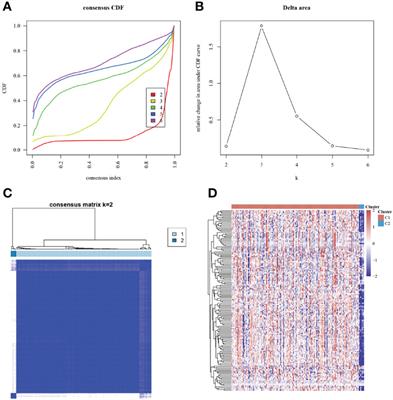EDITORIAL
Published on 28 Mar 2023
Editorial: Application and innovation of multiomics technologies in clinical oncology
doi 10.3389/fonc.2023.1179829
- 601 views
- 1 citation
41k
Total downloads
112k
Total views and downloads
EDITORIAL
Published on 28 Mar 2023
ORIGINAL RESEARCH
Published on 23 Mar 2023
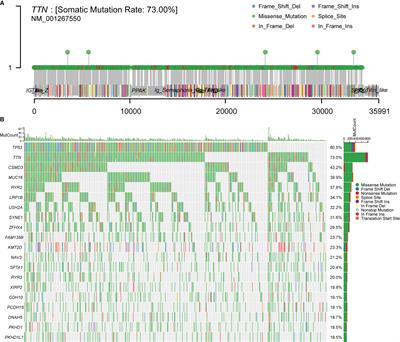
REVIEW
Published on 17 Mar 2023
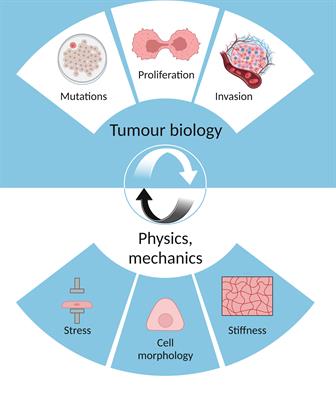
ORIGINAL RESEARCH
Published on 06 Mar 2023
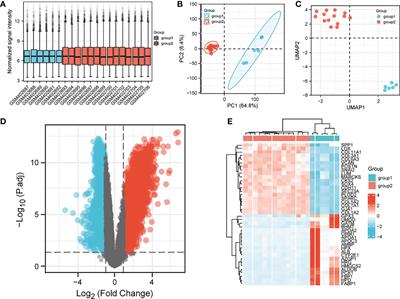
ORIGINAL RESEARCH
Published on 13 Feb 2023
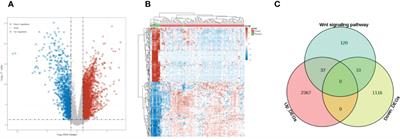
ORIGINAL RESEARCH
Published on 16 Jan 2023
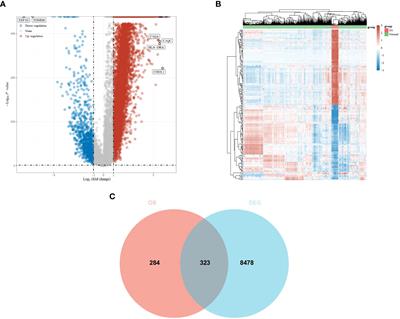
ORIGINAL RESEARCH
Published on 14 Dec 2022
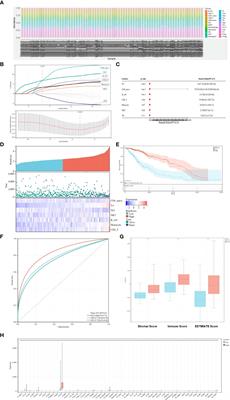
ORIGINAL RESEARCH
Published on 14 Dec 2022
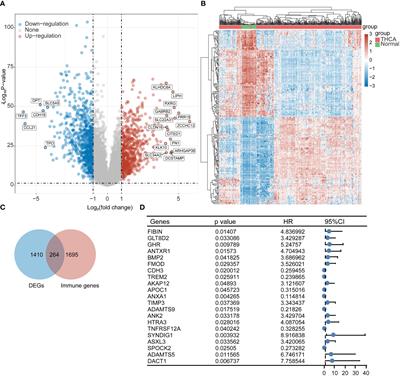
ORIGINAL RESEARCH
Published on 02 Dec 2022
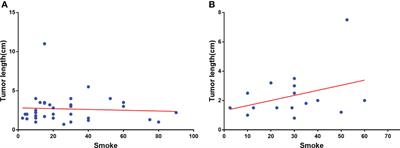
ORIGINAL RESEARCH
Published on 29 Nov 2022
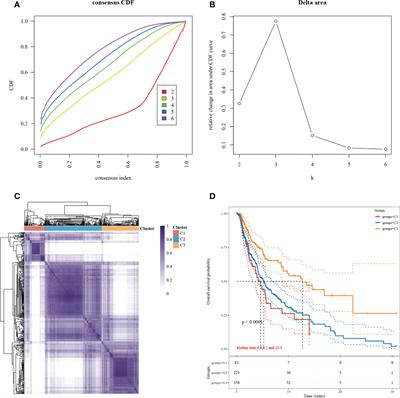
ORIGINAL RESEARCH
Published on 22 Nov 2022
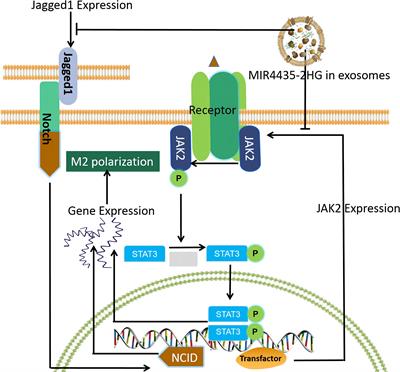
ORIGINAL RESEARCH
Published on 29 Sep 2022
